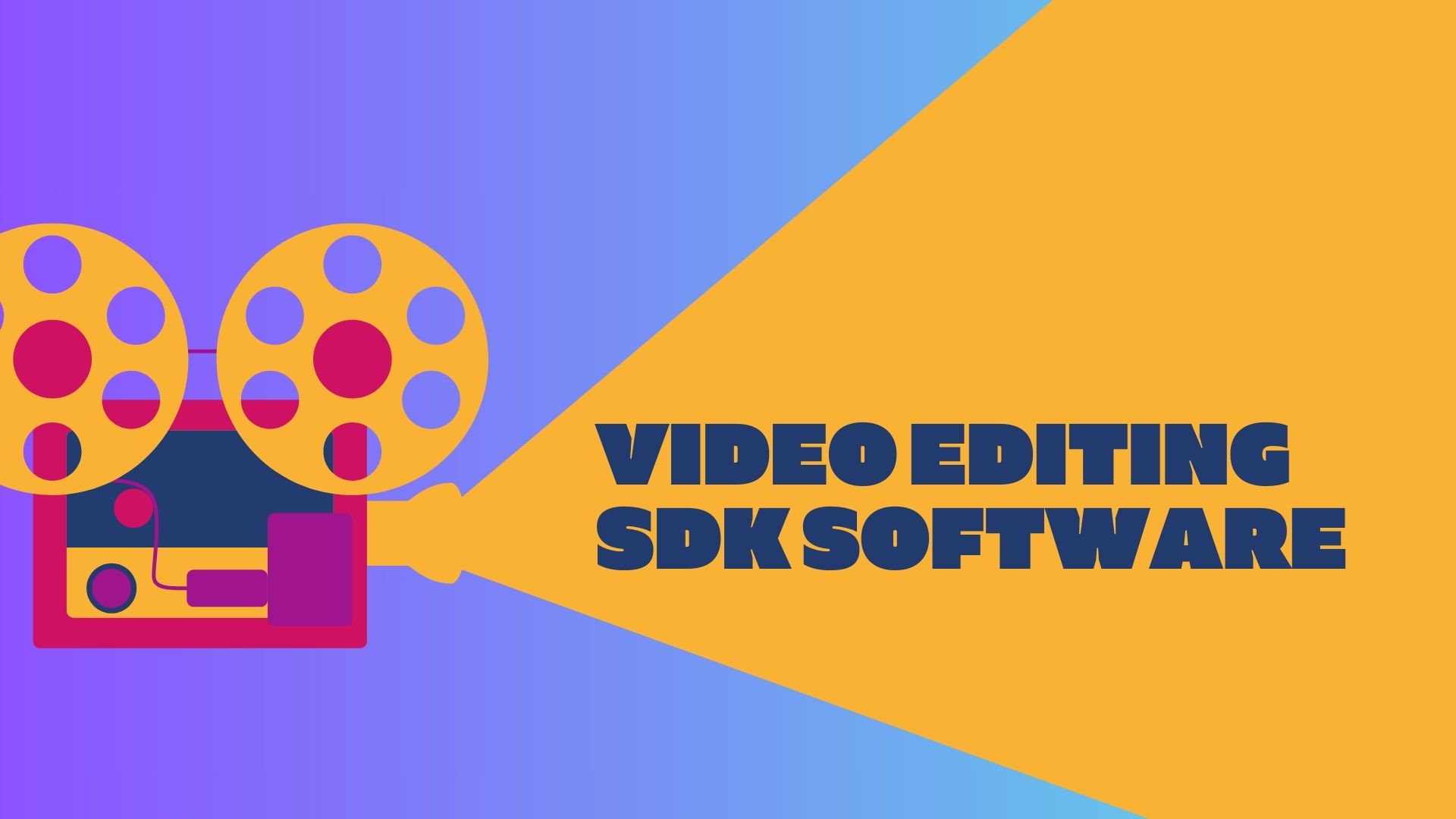ERP No Longer Application End-all, Be-All
How aggressively are organizations currently investing in ERP solutions and what are the risks and rewards? Computer Economics just published a study in which it examines the three-year trend in ERP adoption and investment. In this interview, Computer Economics President Frank Scavo discusses some of the findings with Ann All. While incremental investments in existing systems are common, Scavo says a growing number of companies are considering cloud ERP.
All: While investment plans overall remained strong for ERP in North America, you found a fairly significant drop from 2010 to 2011 in organizations planning to upgrade/expand/modify existing systems. Could this mean more folks are planning to rip and replace?
Scavo: Investment reverted to the 2009 level. In 2010 we came out of a recession and there was a nice bump from projects that had been held up. So I think we’ve reverted to a more typical level.
Most of the action with ERP is with incremental additions to existing implementations. When you’re getting up into the 60 percent range of companies that have ERP, there just aren’t as many opportunities for brand new implementations.
There are some, of course. A few months ago I spoke to a group of small company executives and a surprising number of them were looking for their first implementation. But generally you are talking about additional modules and other incremental investments.
All: Does this help some vendors more than others?
Scavo: There is a great advantage to having a large installed base. That’s why Oracle has been on this acquisition binge for the better part of a decade. It’s difficult for companies to completely swap out an ERP system. So once you become the incumbent vendor, as long as you maintain a minimum level of service and upgrades and responsiveness to changing business requirements, there’s a great inertia for companies to leave a vendor. That creates a great opportunity for Oracle and SAP, and to a lesser extent Microsoft and Infor, to sell other products into those customers.
All: So despite what we hear from cloud ERP vendors and others looking to shake up the market, there just aren’t that many cases where companies switch systems?
Scavo: I just spoke with a past client that is running a 20-year-old system. They should have replaced it years ago and are finally looking at a rip-and-replace. It’s more common with older systems that have been highly modified. Those may be so highly modified that moving to the newest version is a like a new implementation. Companies in that situation are more likely to make a switch. Vendors love that because it’s an opportunity to gain new market share.
The other case is when companies have done acquisitions and have several systems in different parts of the country or the world. They want to standardize on one and achieve some synergies through having a single system.
All: What about two-tier ERP strategies? Are some companies in the second situation you mentioned looking at those?
Scavo: You might have a company running Oracle or SAP in their corporate HQ and two or three large business operations or plants. But they’ve got another five or 10 or 20 divisions throughout the world where it’s not appropriate to run those systems. That’s where two-tier comes into play.
SAP is trying to address that by offering its Business ByDesign cloud solution for those smaller plants and providing interoperability with their business suite. They’re trying to provide an option where customers don’t have to go outside the SAP family to find an option for that second-tier ERP system.
All: Your research found companies are getting better ROI for their ERP systems now? Why?
Scavo: I think the ROI experience is improving, especially among business leaders that have been through this before. Their expectations are more reasonable about what they can achieve with what kind of budget. They’re much smarter with their expectations, and they go into these projects with more trepidation.
Still, companies continue to make the same mistakes in implementing ERP that they did 20 years ago. They treat it as a computer project, not a business change or process improvement project. Companies can get into a lot of trouble if they delegate it to the IT department, or even worse the vendor or systems integrator.
All: That’s interesting, in light of the fact you found total cost of ownership results for ERP are pretty dismal. I would think change management, training and some of the other things associated with process improvement come into play more with TCO.
Scavo: Of the 16 technologies we studied this year in our Technology Trends survey, ERP has the worst TCO experience. It’s a broad business initiative. Whenever you involve users in a technology project, you have an order of magnitude for difficult projects. CRM suffers from a similar problem.
The problems with the ROI of ERP involve the cost equation. But the benefits are there. You get the direct benefits that come from automating transactions, better access to information, elimination of redundant systems. The indirect cost benefits are even greater. ERP enables you to do other things more effectively. ERP more and more is becoming part of the infrastructure of organizations. So there’s a benefit from having a solid foundation.
All: How exactly does ERP provide that kind of foundational value?
Scavo: Anything works better if you have ERP as a solid foundation. In some cases, companies have gone out and deployed CRM. They might have several ERP systems and they deploy Salesforce.com and integrate it with all of them. That approach can work if you don’t want to change ERP systems. But companies running on a solid ERP foundation will find CRM is going to work better because you can have end-to-end processes all the way from marketing and lead generation to order processing to delivery and collections.
Mobility applications work better if they can interface with a strong back end. Business intelligence often suffers from poor data definitions and lack of master data management. ERP can help with that. Just about anything in your applications portfolio at some point is going to have to touch ERP, so looking at ERP as a foundation is a logical approach.
All: Does this ERP as foundation approach benefit some vendors more than others?
Scavo: Vendors that have offerings in those other complementary areas, the Oracles and the SAPs, are going to benefit from that. And vendors that have strong partnerships for those areas, they will benefit also. Microsoft Dynamics is a good example of that.
All: The report doesn’t appear to have addressed cloud ERP, or at least not broken it out from on-premise. Do you think cloud will have an impact on overall investment?
Scavo: Cloud ERP is interesting, with SAP’s Business ByDesign and NetSuite, Workday and Plex. Those solutions are not as mature as the on-premise offerings but they are catching up. The most interesting things going on in ERP right now are among the cloud developers.
As companies have pleasant experiences with cloud CRM or HRMS or expense management, people are starting to say, “Why can’t we have our entire ERP system delivered in this way?” It’s more popular right now among smaller companies but it’s moving up market. And I think it’s happening a lot more quickly than people expected.
At Strativa, we help companies work through vendor selection. There have been cases over the past couple years when smaller companies told me they only wanted to consider cloud ERP. I didn’t hear that four or five years ago.
All: The lower upfront cost is pretty compelling, and I know there are other benefits like faster deployments and added flexibility.
Scavo: It’s not cost. The lower upfront cost is appealing, but with smaller businesses, it’s “I don’t want to mess with servers, or with upgrades, or with people come in to maintain the system. I just want it to work.” That’s driving it more than cost. Over a five- or seven-year period, there is not a big cost benefit with cloud computing.
I’ve seen some numbers out of Plex where the speed of implementation is very, very strong. If the project is managed correctly and expectations are set, and there is good business process design and change management, cloud implementations can go very fast.
All: Are you seeing an overall shift in how companies are viewing their ERP systems?
Scavo: I think in the past companies looked at ERP to be the destination for everything they were going to need with applications. But that’s not the case anymore. Companies are doing more with call centers and customer-facing systems, and also with BI and CRM and supply chain software.
It’s too much to expect ERP to be able to do all of that. You need to look at ERP as being the core transactional processing system. You want it to integrate with the other types of systems you need to derive business value.

Public relations, digital marketing, journalism, copywriting. I have done it all so I am able to communicate any information in a professional manner. Recent work includes creating compelling digital content, and applying SEO strategies to increase website performance. I am a skilled copy editor who can manage budgets and people.


